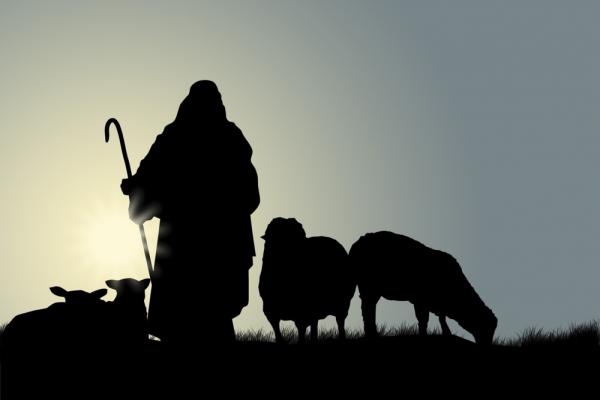I had the sense, as a child, that God’s goodness and mercy would only follow me all of the days of my life if I was “good” and Christian. And I had the sense that good and Christian was a narrow way.
This meant two things. First, only “good” people, loving and kind people, people who had not erred or strayed or made mistakes or broken the law or never “back-slid” were the sheep worthy of grace and mercy. Second, only Christian people were in the fold. Not Jews, Muslims, Buddhists, Sikhs — no, the steadfastly loving God had only space for those of us who accepted Jesus and our Lord and Savior AND who had lived sinless lives.
My child-like sense of “good” shifted when I was a teen serving as an elder in the Seventh Presbyterian Church in Chicago. Being up close and personal with my pastor, the late Rev. Oliver Brown, III and the adults around the table were first- hand lessons of the wide-open space of God’s love in Jesus Christ.
These good people — ordained people — were flawed and funny. They fussed and fought. They forgave each other, as God forgave them. My idea of good stretched and breathed and exhaled judgment and inhaled, experientially, that only God is good, that God in Jesus Christ shows this goodness in a particular way, and that all of God’s people are flawed and loved.
As a young adult before seminary, living life in the world, working, loving, breaking up, making up, having growing pains about identity and purpose and vocation, my spiritual muscles strengthened around the concept of the good shepherd who would love me enough to come and get me if I wandered.
Jesus is the ideal shepherd, the model shepherd, the best kind of shepherd; the one who makes the promises of God available to all of God’s people by laying down his life for the sheep.
I had not yet made the leap but most certainly have now to John 10:16.
I have other sheep that do not belong to this fold. I must bring them also, and they will listen to my voice. So there will be one flock, one shepherd.
This loving Shepherd has a huge and diverse flock.
Read the Full Article

